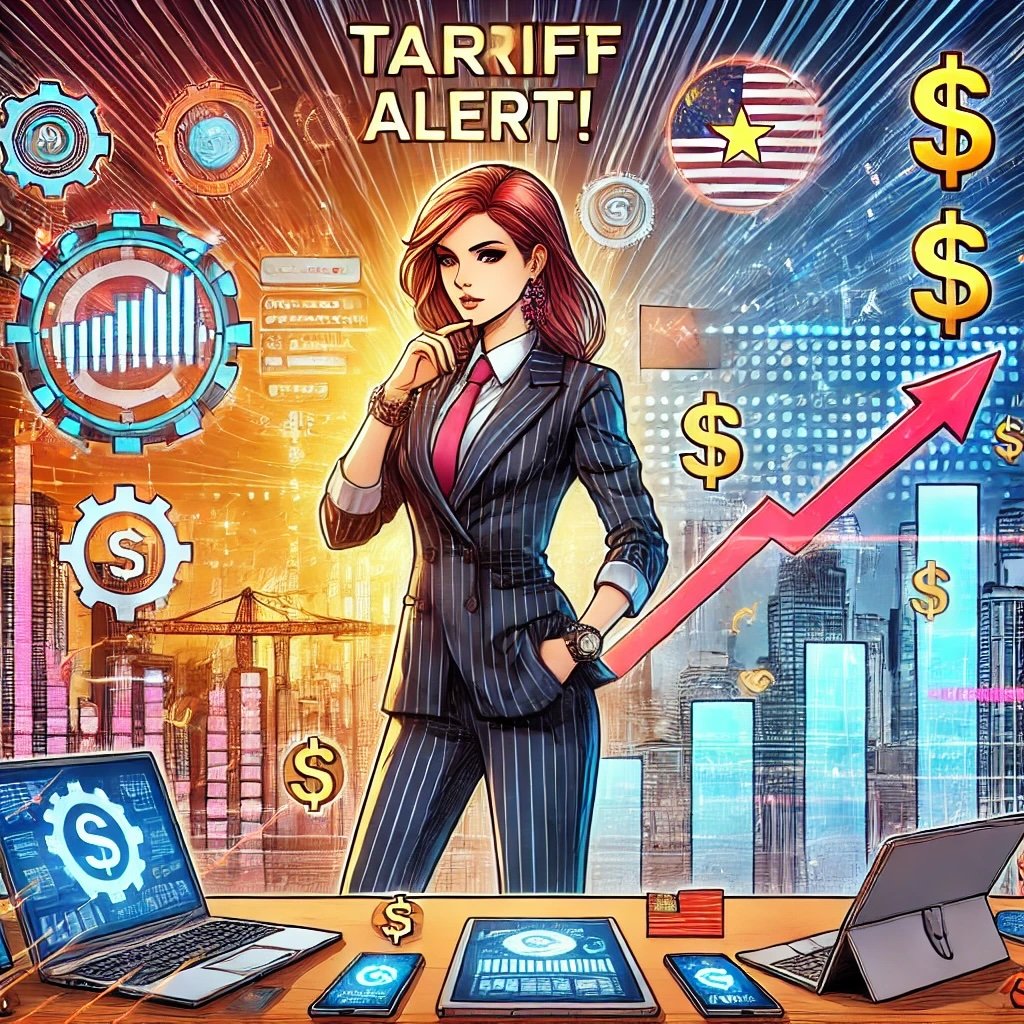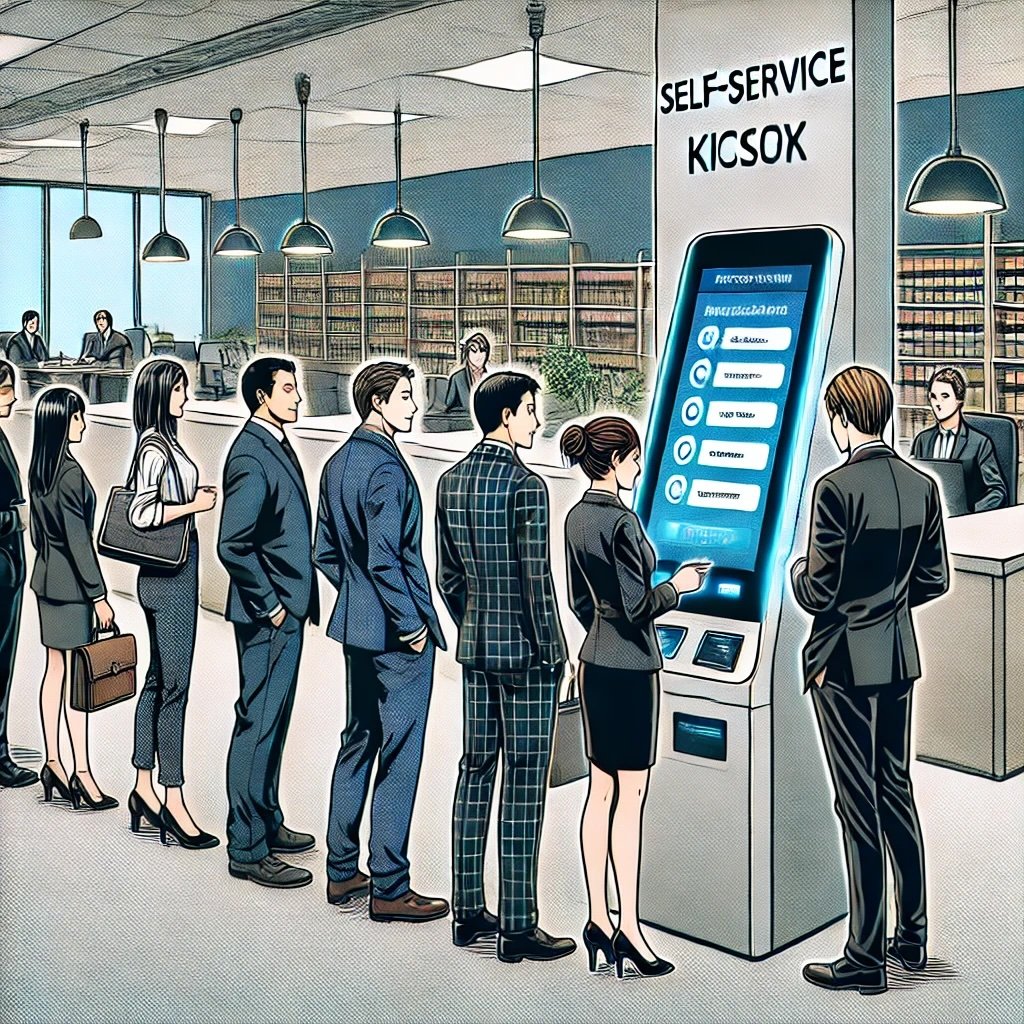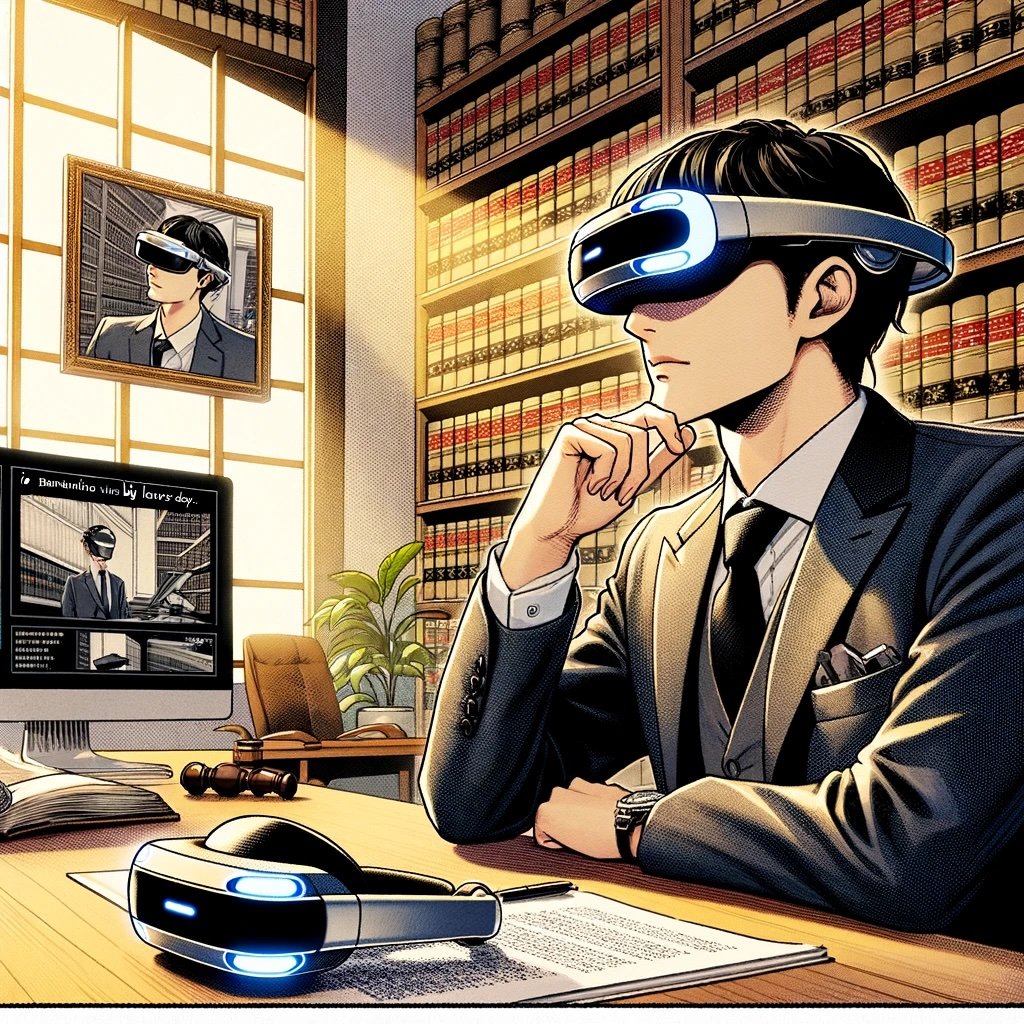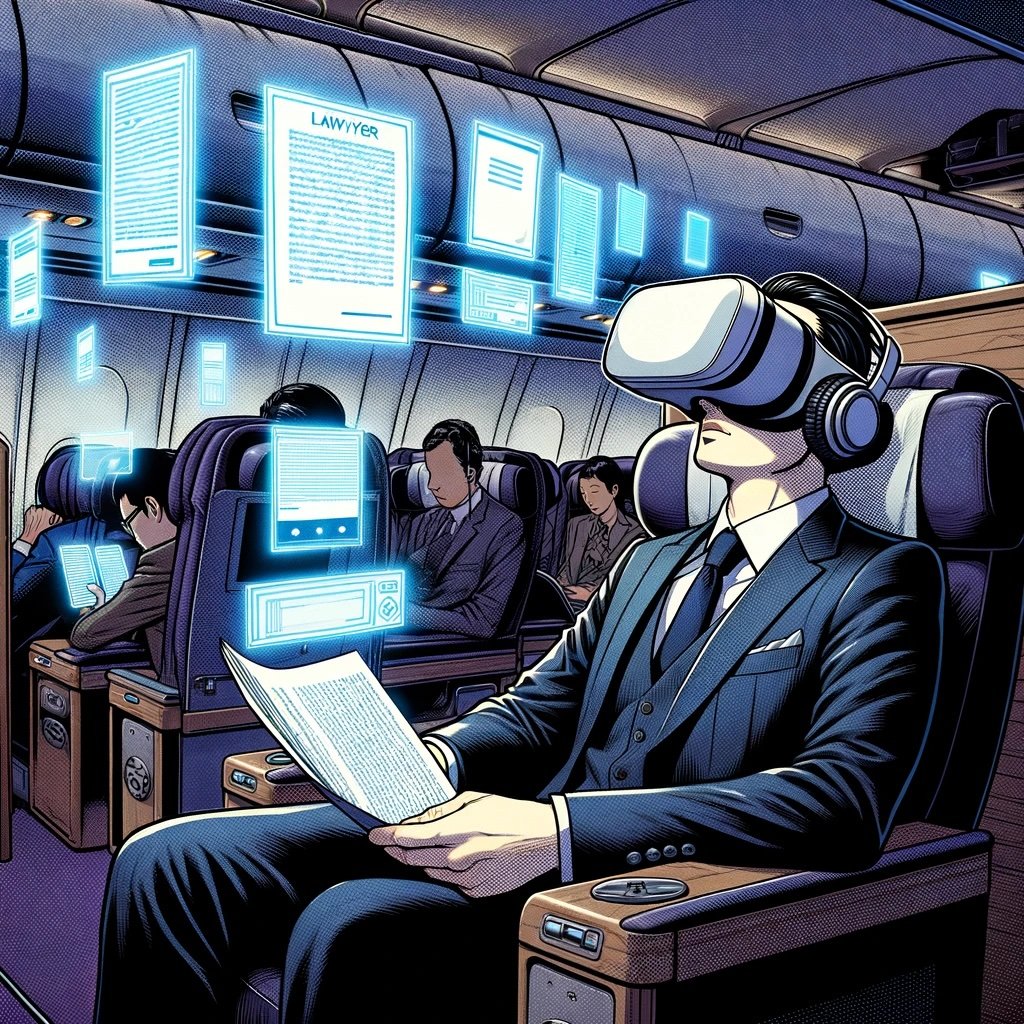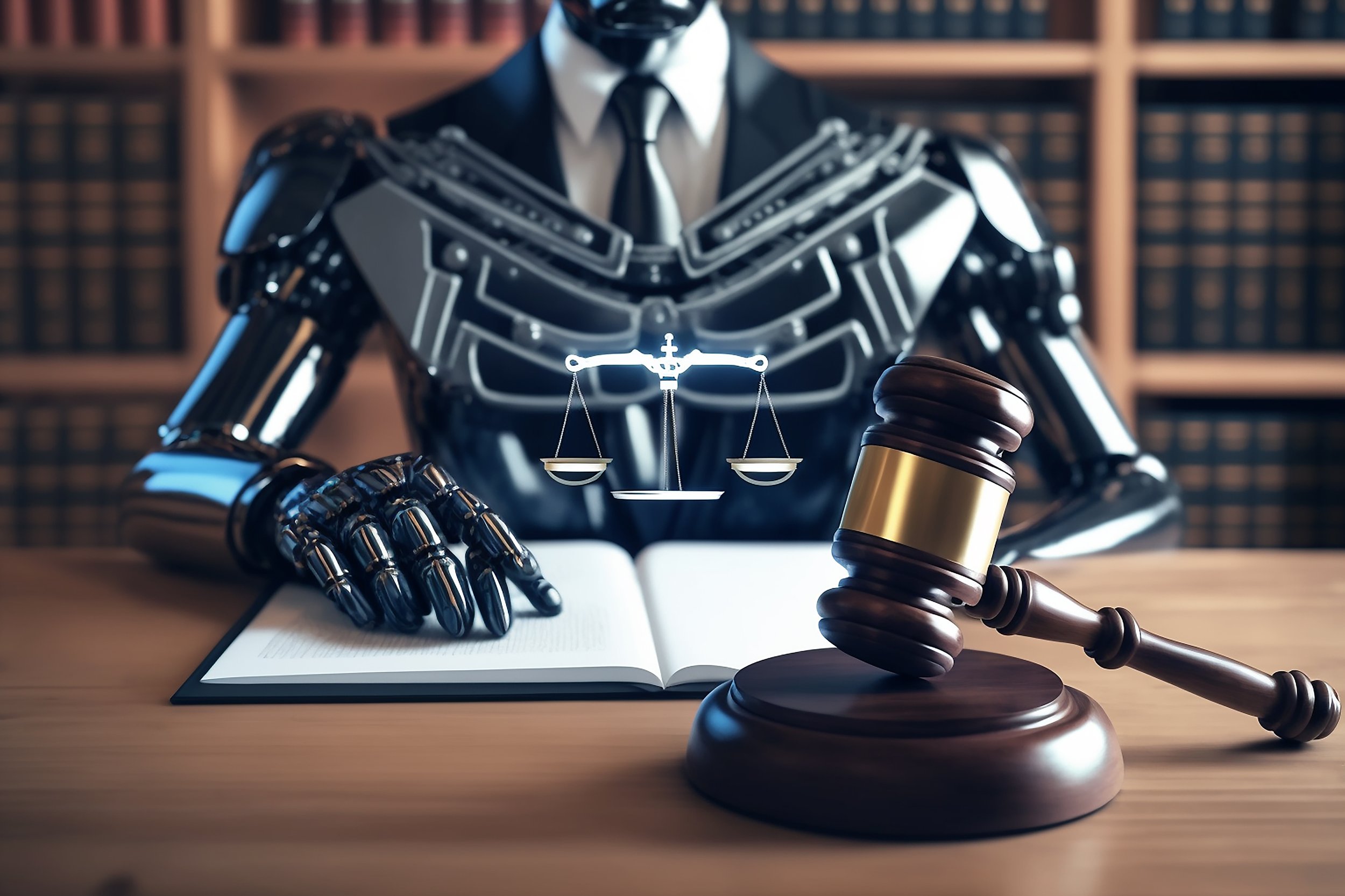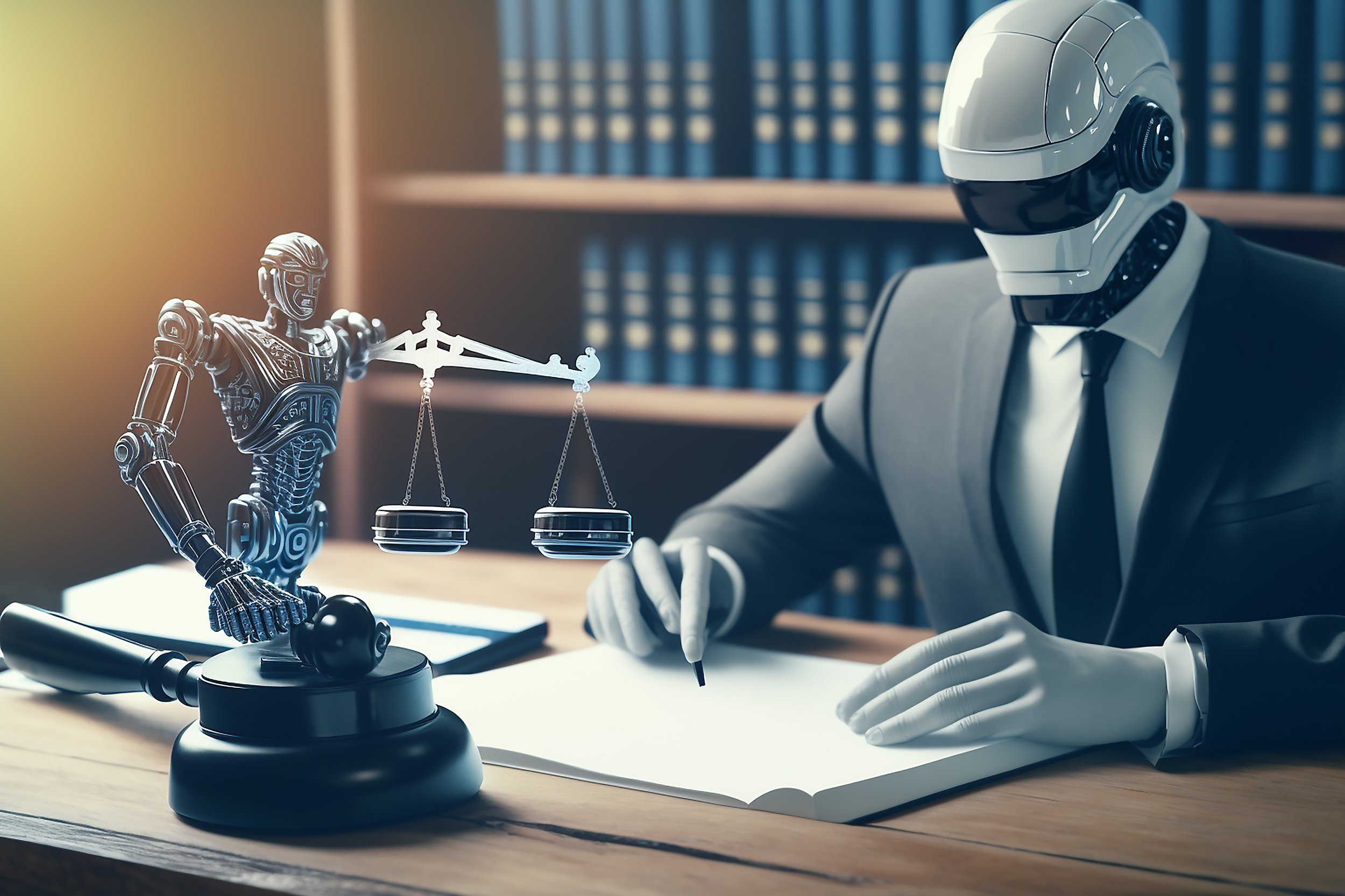MTC: The Impact of Trump's Tariffs on Legal Technology Costs: A Strategic Assessment
/⚠️💸 how do lawyers plan as Costs for tech equipment will likely raise uner trump’s tariffs!
The expense of technology is often the cost of doing business for most lawyers. Lawyers need to be both prudent and practical with their purchases of the tools we need to do our job - both professionally and efficiently. Legal professionals need to know if we have to be worried about the price of computers going up just we once did when the price of paper and pens increased years ago. But before delving into the details, here's the key takeaway: Trump's global tariffs are driving up costs for essential legal technology, necessitating strategic planning for technology investments and potentially extending the lifecycle of existing equipment until market conditions stabilize.
Understanding the New Tariff Landscape
Trump's sweeping tariff policies have created unprecedented changes in the global electronics market, particularly affecting technology products widely used by legal professionals. These tariffs establish a baseline 10% duty on virtually all imports, with substantially higher rates applied to major technology manufacturing countries. China, which produces most consumer electronics, faces a staggering 54% tariff rate, while Vietnam—where Apple has shifted some production—is subject to a 46% tariff. Designed ostensibly to stimulate domestic manufacturing, these measures are already reshaping global supply chains and cost structures for essential legal technology.
Current Impact on Legal Technology Prices
📡📛 We are undergoing Chaos as lawyers like almost everyone else around the world cannot predict future (tech) spending because of these tariffs!
While immediate price increases may not yet be fully visible due to inventory stockpiling by manufacturers anticipating these tariffs, significant cost implications are imminent for law firms. According to economic analyses, approximately 25% of tariff costs will be passed directly to consumers through higher prices. For electronic devices frequently used in legal practices—laptops, smartphones, tablets, and specialized legal technology—this translates to substantial budget implications. The Consumer Technology Association estimates that laptop prices alone could rise by approximately $357 on average, a considerable expense when multiplied across an entire legal team and still an aggregate impact on solo and small firms when you add up the various tech devices we all use - phone, tablets, laptops, desktops, printers, storage and so on.
Future Projections for Technology Costs
Economic forecasts suggest the tariff situation may intensify rather than resolve in the near term. Supply chain experts from Michigan State University warn that inflationary effects from these tariffs will become increasingly apparent by mid-summer and certainly during back-to-school shopping season. Many economists express concern that these measures could trigger one of the most substantial transformations in global trade in decades, potentially leading to increased prices and heightened inflation. For law practices dependent on current technology, this foretells a challenging procurement environment with progressively escalating costs for essential equipment.
Strategic Technology Investment Recommendations
🧠💰 lawyers Think Smart and plan ahead your tech purchases given the threat of Tariffs!
Law firms must now adopt a more calculated approach to technology purchases and maintenance. For critical operational needs where performance directly impacts client service or security requirements, immediate investment may be prudent before prices increase further. (If your firm does a lot of data crunching or large file manipulation (pdfs, jpegs, inter alia), you may now want to examine if your current tech is fast enough). However, where existing technology remains serviceable, extending equipment lifecycle through proper maintenance represents a viable strategy until market conditions stabilize. (If your firm is mostly on the cloud, consists of using MS Word, Google Docs, or Apple Pages, and some web browsing, your probably don’t need to upgrade soon - unless your system is so old that you can’t keep up-to-date its OS or recent/current versions of the applications you are using - or quite frankly, if its dying). Consider developing a tiered procurement strategy that prioritizes critical versus optional technology upgrades while monitoring price trends and potential policy adjustments.
Final Thoughts
The current tariff landscape presents unique challenges for legal technology purchases that require thoughtful strategy rather than reflexive action. By carefully evaluating genuine technology needs against rising cost pressures, law practices can maintain operational effectiveness while managing budget impacts. This balanced approach recognizes both the necessity of current technology for competitive legal practice and the financial pragmatism required during periods of market volatility.
MTC


